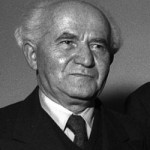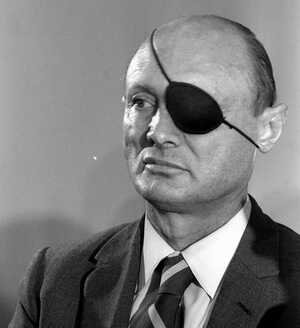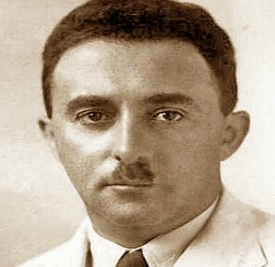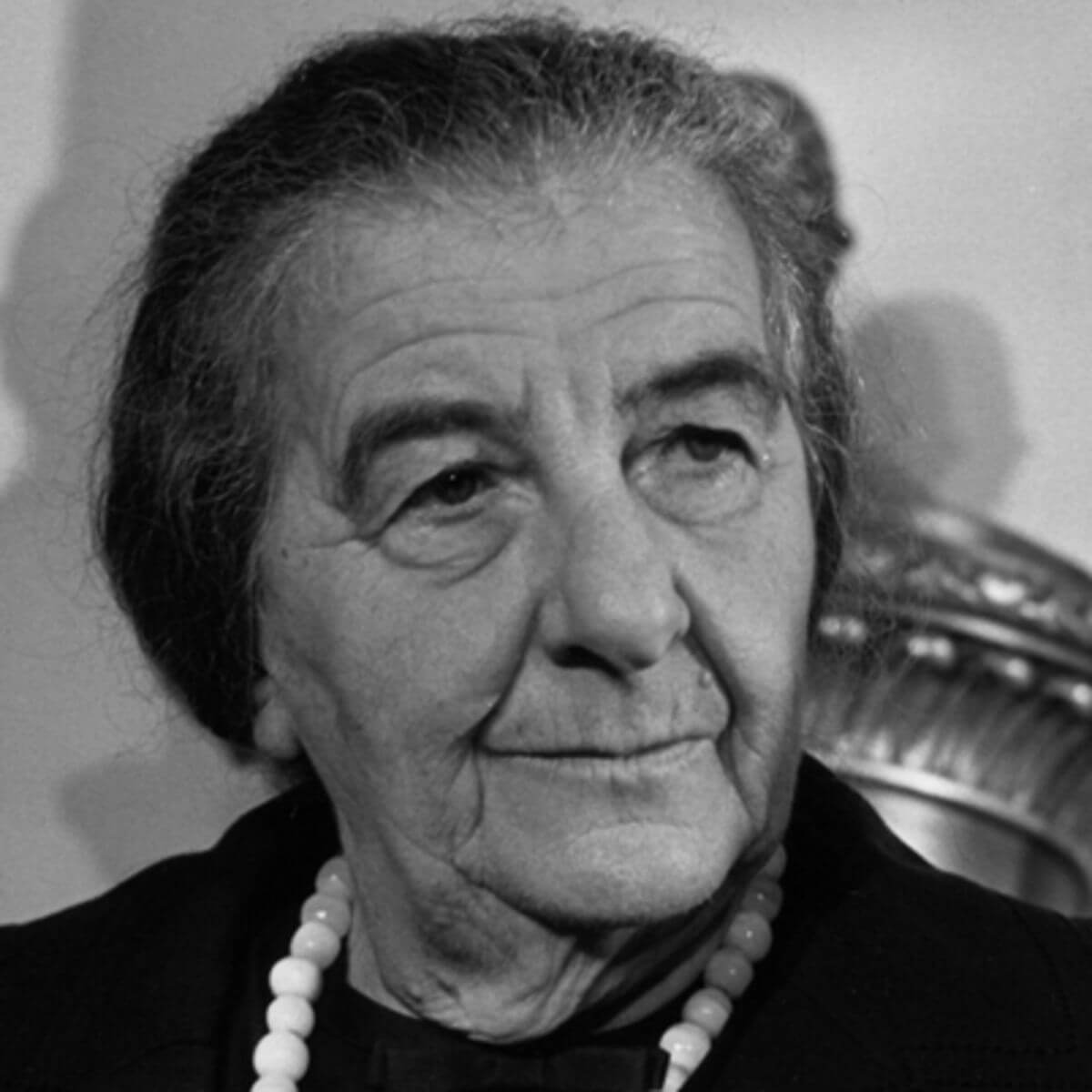The initial news about the attack in Munich reached the Israeli Foreign Ministry from the embassy in Bonn at 8:45 a.m. on 5 September 1972, and was forwarded to Prime Minister Golda Meir, Minister of Education and Culture Yigal Allon (whose office was responsible for the Olympic team), and Minister of Defence Moshe Dayan (Document 1). At 9:30 a special government meeting was convened, sitting as the Ministerial Committee on Security. Foreign Minister Abba Eban reported on the first instructions transmitted with Golda Meir’s approval to the ambassador in Bonn: the government of Israel does not negotiate with terrorists and expects the government of the Federal Republic of Germany (West Germany) to make every effort to rescue the hostages. For that purpose they should use any tactics available to buy the time necessary to ensure the safety of the hostages. These instructions were repeated in a later telegram to the embassy (Document 2).
The general feeling was that the Germans should begin negotiations in order to buy time until they were ready to storm in and release the hostages, as Israeli commandos had during the Sabena hijacking. Later it was decided to send an Israeli representative to brief the Germans and, in fact, to “supervise”the rescue operation. At the beginning, it was decided that Dayan and Mossad chief Zvi Zamir would go, but concern arose that Dayan’s arrival would attract attention and cause the terrorists to murder the sportsmen. It was decided to send only Zamir.
In the afternoon the prime minister released a special statement in the Knesset, and afterwards participated, together with Allon and Eban, in a meeting of the Knesset Foreign Affairs and Defence Committee. The ministers reported the information known up to that point about the German government’s contacts with the terrorists and the response to Israel’s demand to stop the Olympic Games until the safety of the team members had been secured. Members of the committee demanded to halt the Games and hinted at faulty security measures by the Israeli authorities. Golda said that there were countless warnings about attacks on Israelis abroad and, despite all the efforts to deal with them, “it is impossible to be prepared at every moment” (Document 3).

The building where the hostages were taken Photograph: Wikimedia
In the following hours a nerve-wracking drama was played out. At 21:00 p.m. Zamir and an Arabic-speaking GSS operative arrived at the Olympic Village. There they were informed of the German operational plan that included telling the terrorists that they would be transferred, together with the hostages, in helicopters to a military airfield near Munich, where a plane would be put at their disposal to take them to Cairo. A Bavarian police unit was waiting at the airfield to kill the terrorists and rescue the hostages. The plan seemed reasonable and matched the Israeli estimate of the situation. However, it was carried out ineptly and ended in failure and the death of all nine of the hostages and five of the hostage-takers. Meanwhile, Ambassador Ben-Horin forwarded reports by telephone from the Olympic Village to the Foreign Ministry, and the records appearing here present the full drama: contacts with the terrorists, repeated postponements of the deadline, and information about the intention of the Bavarian authorities, who were in charge of the operation, to use force. After the start of the operation, the reports describe exchanges of fire, contradictory numbers of wounded, a helicopter that went up in flames and confusion and unclear reports. At 02:55 a.m. Ben-Horin reported that he had received a report that all the hostages had been killed, and at 3:10 Zamir confirmed it. (Document 4).




